Discover the Culinary Opportunities Across the Greater DC Area

The Greater Washington, DC area, which includes Northern Virginia and Southern Maryland, is a vibrant hub for culinary enthusiasts looking to start or expand their restaurant ventures. This guide will navigate the exciting and complex process of leasing restaurant space across this diverse region, ensuring you make informed decisions with confidence.
I. Develop Your Unique Restaurant Concept
Define Your Niche
In a competitive market like the Greater DC area, your restaurant’s concept is crucial. Whether it’s a cozy café in the Mosaic District offering organic pastries or a lively tapas bar in Adams Morgan, your concept should resonate with the local culture and dining preferences.
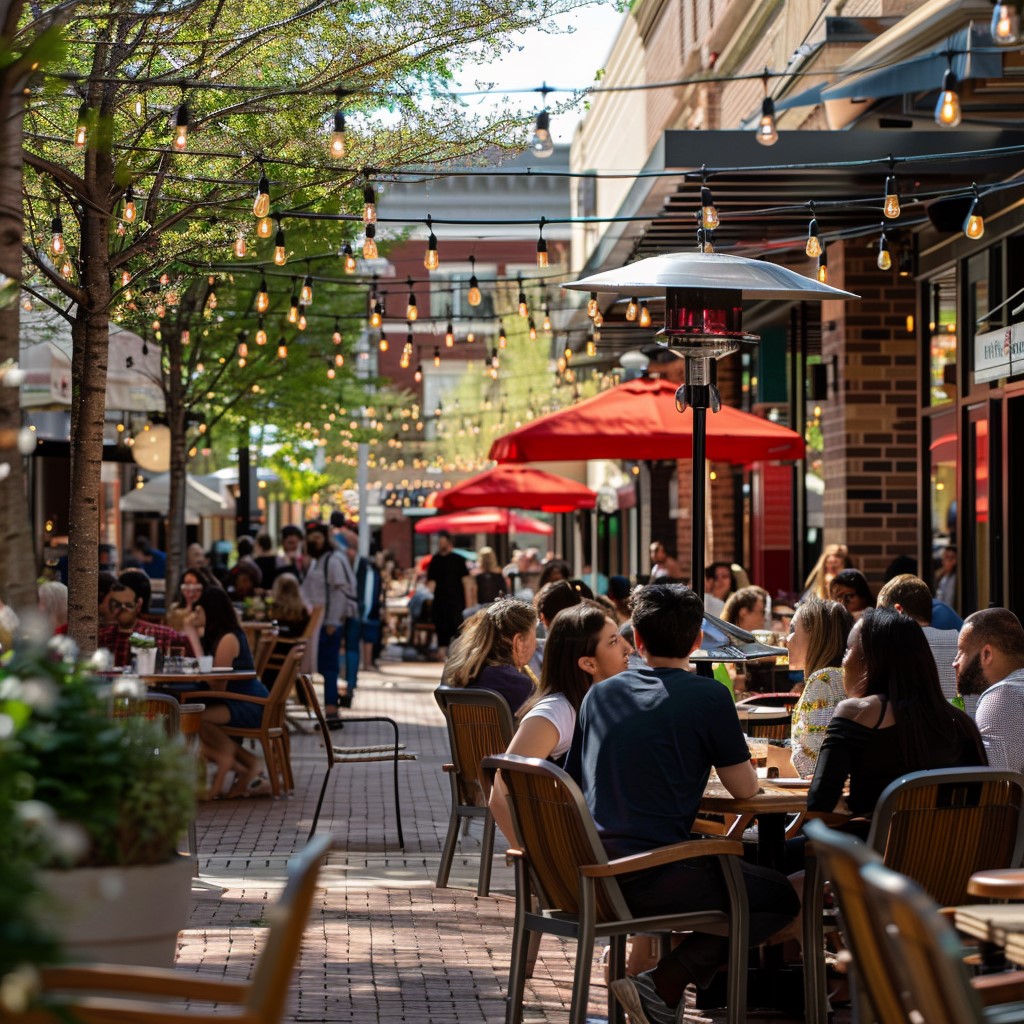
Conduct Effective Market Research
Explore potential neighborhoods, study competitors, and analyze demographic trends. Use resources like economic reports and local business associations to understand where your concept might thrive, particularly in culturally rich neighborhoods like Old Town Alexandria or the bustling streets of Clarendon.
II. Craft a Robust Business Plan
Secure the Foundation of Your Business
A comprehensive business plan is essential, detailing your vision, operational strategies, and financial projections. This document is crucial for securing funding and convincing landlords of your restaurant’s long-term viability.
Funding Options and Budget Planning
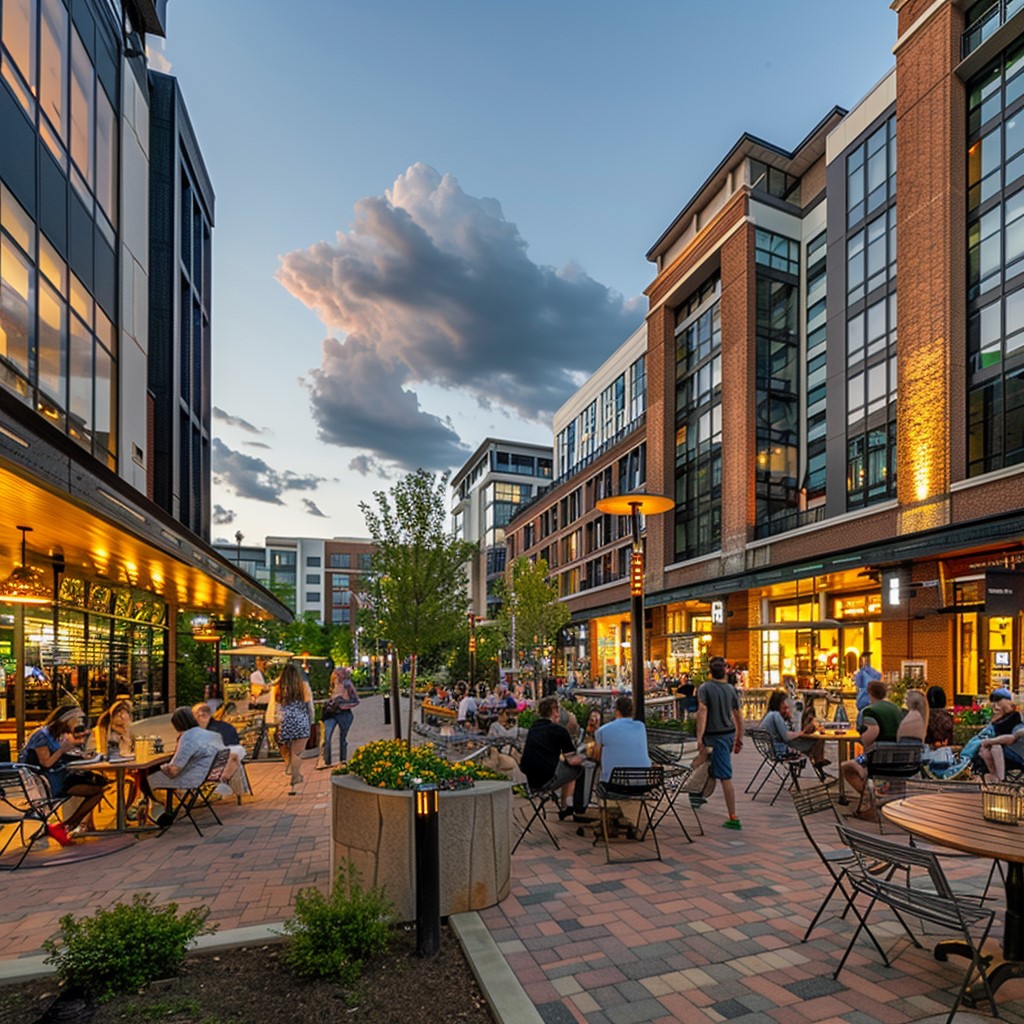
Examine various funding sources such as business loans, investors, or personal savings. A well-planned budget is critical, especially in areas with varying market rates like those found across DC, Northern Virginia, and Southern Maryland.
III. Choosing the Perfect Location
Neighborhood Selection
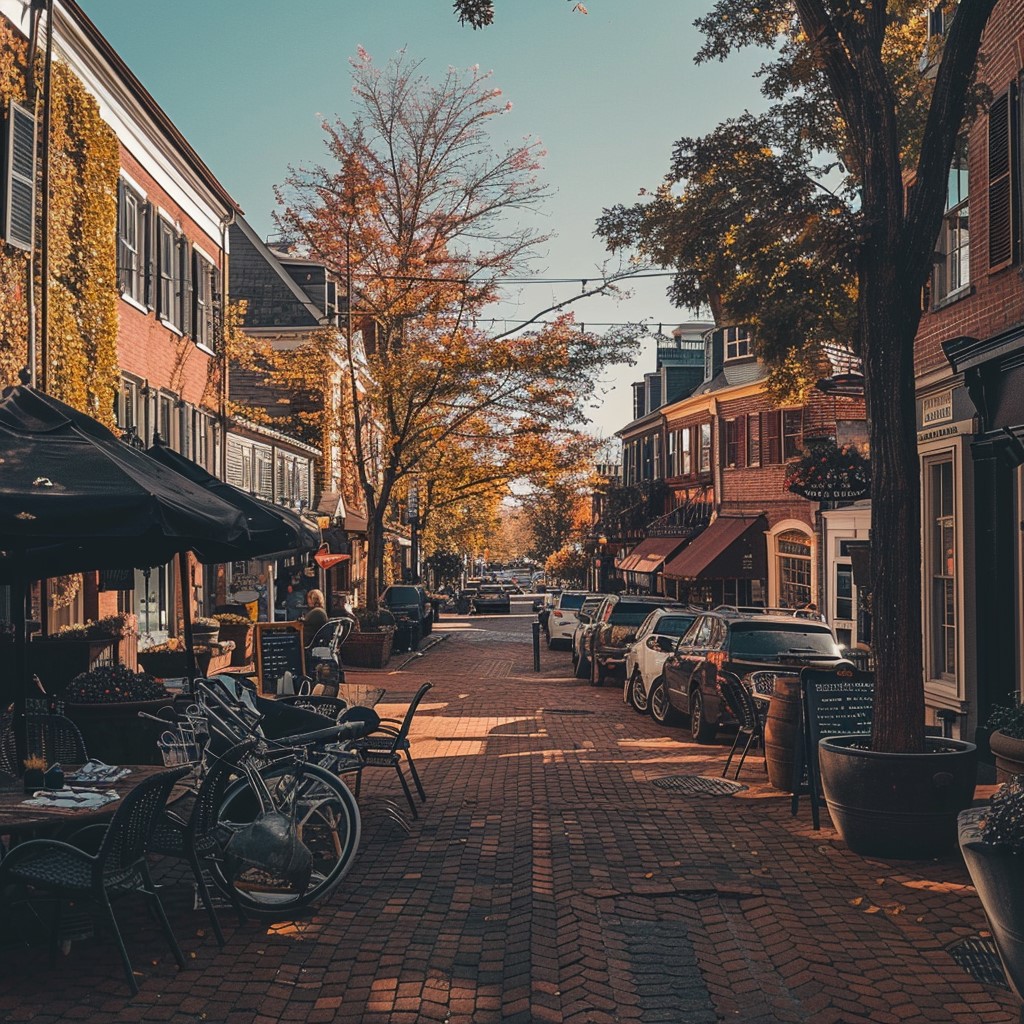
Choosing the right neighborhood is pivotal. Consider factors like demographics, foot traffic, and nearby businesses. For instance, the historical charm of Old Town Alexandria attracts tourists and locals alike, offering a bustling market for upscale dining concepts.
Finding Available Spaces
Leverage Work with Bibi’s deep knowledge of commercial properties in the Greater DC area to find a space that aligns with your restaurant’s concept and target market. Areas like the U Street Corridor in DC, known for its rich African American heritage and vibrant nightlife, could offer a dynamic setting for your venture.
IV. Master the Lease Negotiation

Understand Your Lease Agreement
Key aspects of your lease, such as rent, duration, and tenant improvements, can significantly impact your business. Negotiate terms that support your business goals and financial plans.
Key Lease Considerations
Think about growth potential, renewal options, and exit strategies. It’s advisable to consult with a real estate expert or attorney to ensure that lease terms meet your business needs.
V. Build Your Team and Ensure Compliance
Assemble a Winning Team
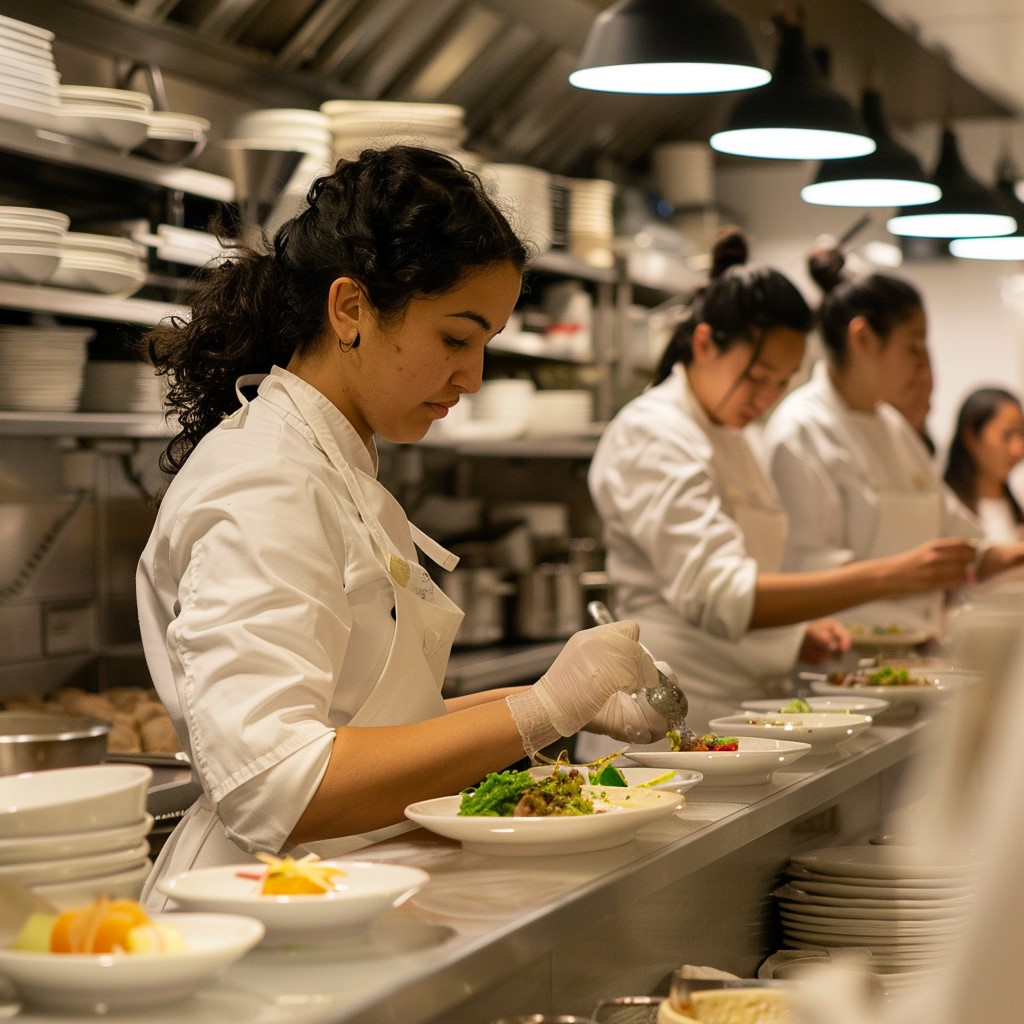
Hire individuals who share your vision and passion. Ensure your team understands the local market and complies with all health and safety regulations.
Obtain Necessary Permits
Navigate the permit and licensing requirements, which can be complex across DC, Virginia, and Maryland. Start this process early to avoid delays in opening your restaurant.
VI. Conclusion: Launch Your Restaurant Dream in the Greater DC Area
Opening a restaurant in the Greater Washington, DC area is an exciting opportunity to tap into a diverse and dynamic culinary market. With strategic planning and the right support from Work with Bibi, you can transform your vision into a successful dining establishment. Contact us today to explore available restaurant spaces and take your first step toward a rewarding culinary venture.
Subscribe to the newsletter
Don’t Miss Any of Our Blog Posts, Subscribe to Our Weekly Newsletter Today!
Recent posts

What to Expect When Working with a CRE Agent: Your Guide to a Successful CRE Journey
Navigating the commercial real estate (CRE) market is a complex process that demands more than just basic knowledge. It requires

How to Find a Good Commercial Real Estate Broker: Your Guide to Navigating CRE
Navigating the complex landscape of commercial real estate (CRE) requires more than just a basic understanding of the market. Whether
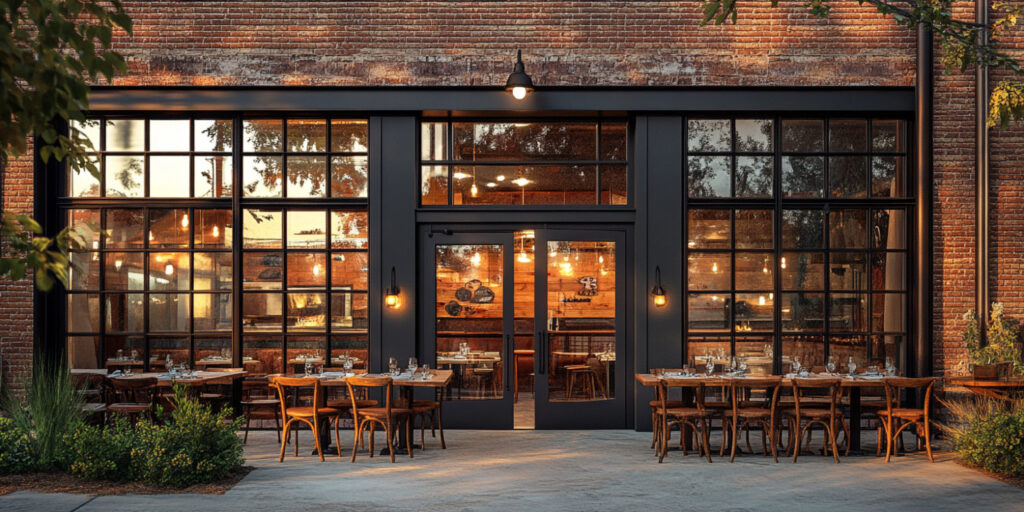
Benefits of Adaptive Reuse for Restaurant Spaces
Adaptive reuse, the process of repurposing existing buildings for new uses, has become an increasingly popular strategy in the restaurant


